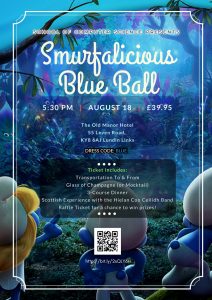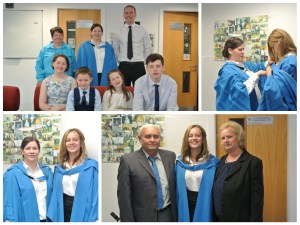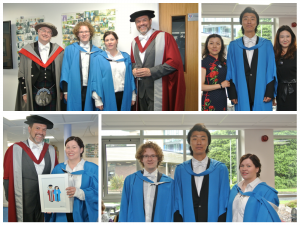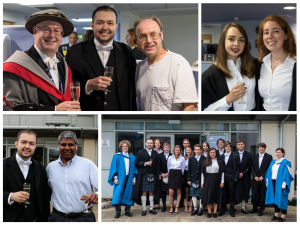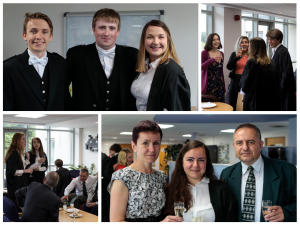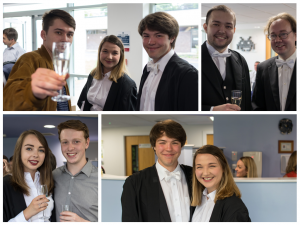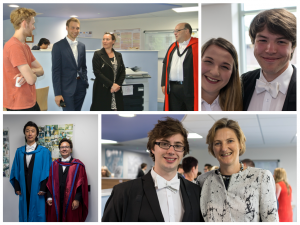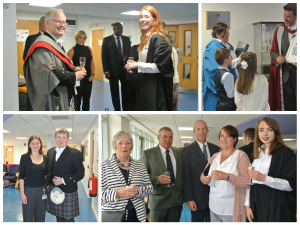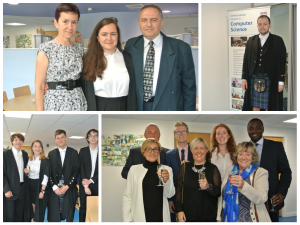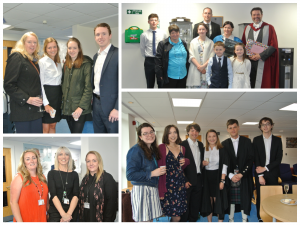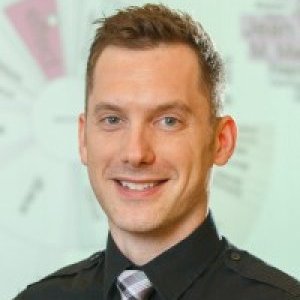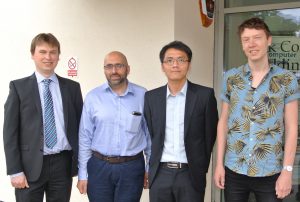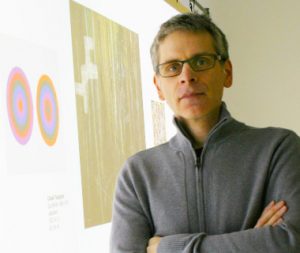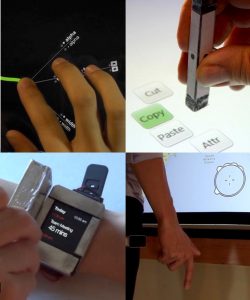We would like to cordially invite all staff, students, and alumni to this historic CS event in the making. As you know, other schools in St Andrews have their own annual ball e.g. chem-ball, physics-ball, bull-and-bear (economics) ball etc. For a while, we have wanted our own CS ball – and thanks to a team of keen MSc students and sponsorship from the School of Computer Science – the ball is finally happening!
The tickets available from https://www.eventbrite.co.uk/e/first-ever-cs-ball-smurfalicious-blue-ball-tickets-35035549271 are priced at £39.95, which includes:
- Full 3 course dinner (starter, main, dessert) with 4 options each to choose from – including vegan/vegetarian/pescaterian options and adjustments for Halal etc.
- A glass of champagne or a non-alcoholic mocktail
- A Ceilidh till midnight
- Return transport by coach from St Andrews to The Old Manor Hotel
The ball will strengthen our sense of fellowship, between all staff and students, and not least as a school. But as you all know very well, we are not just a school, we are a family – the St Andrews #csfamily. Hope to see many of you there!
FAQ:
- Theme: Blue
- Dress-code: Anything Blue
- Menu: https://smr20.host.cs.st-andrews.ac.uk/blue_ball_menu.pdf
- FB Event: https://www.facebook.com/events/113309122589177
- Tickets: https://www.eventbrite.co.uk/e/first-ever-cs-ball-smurfalicious-blue-ball-tickets-35035549271
Info and files provided by Shyam Reyal


